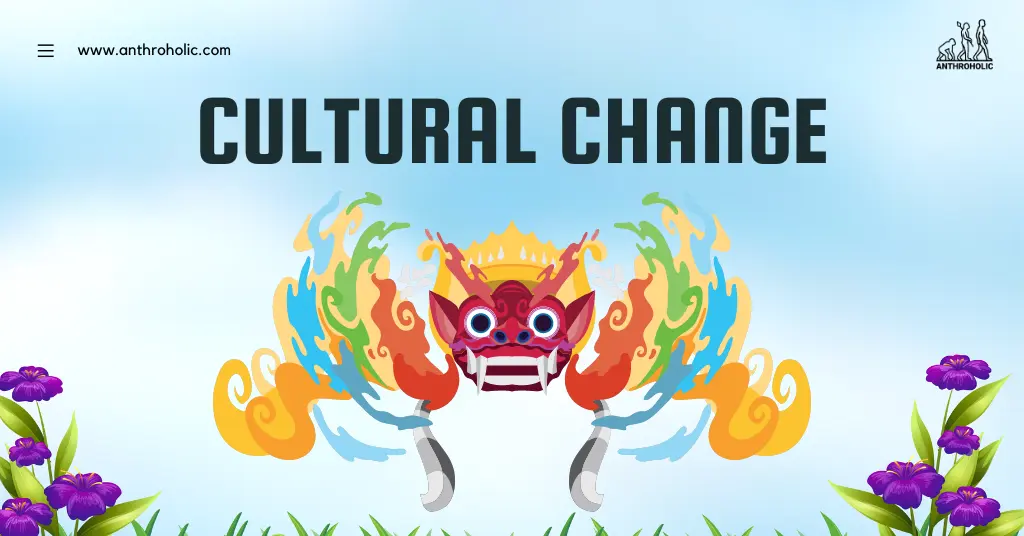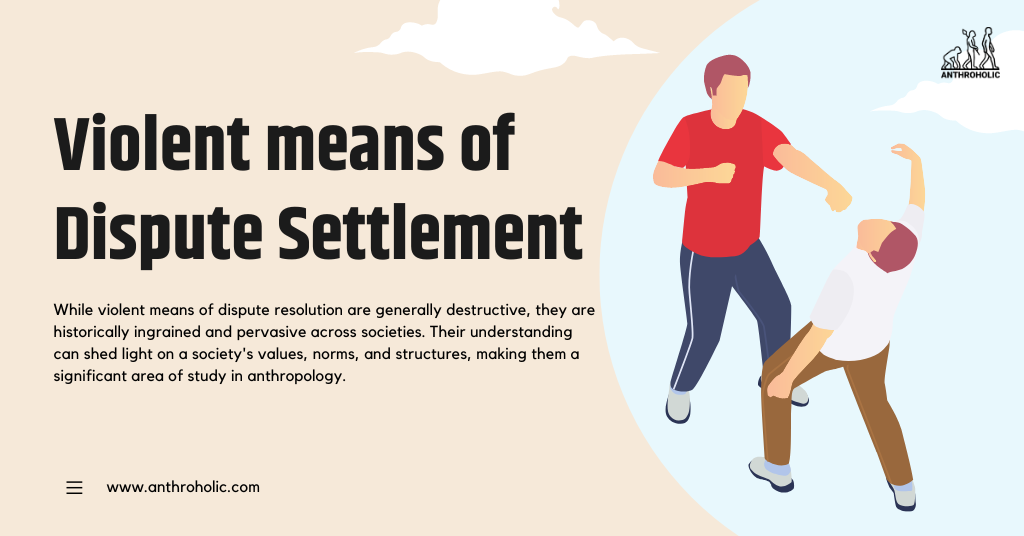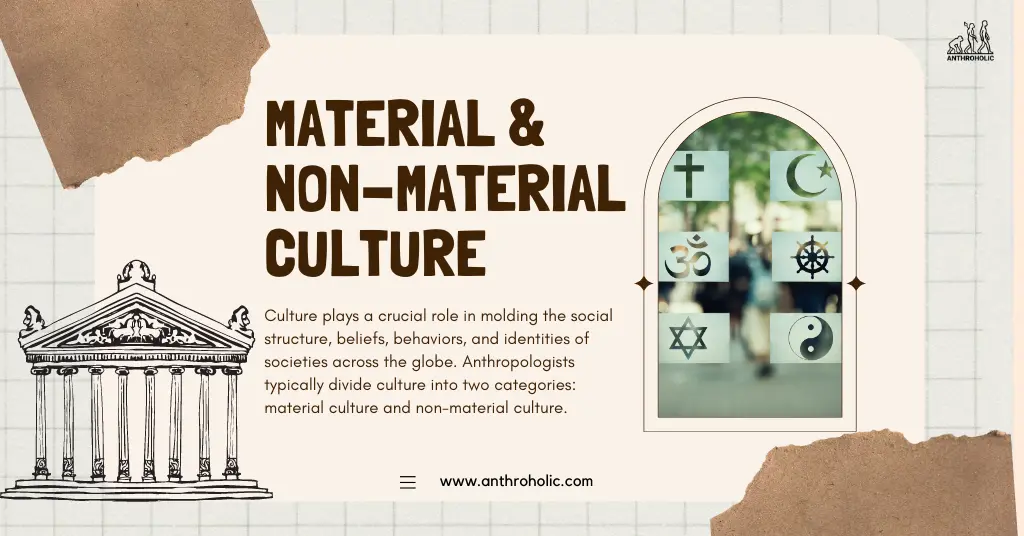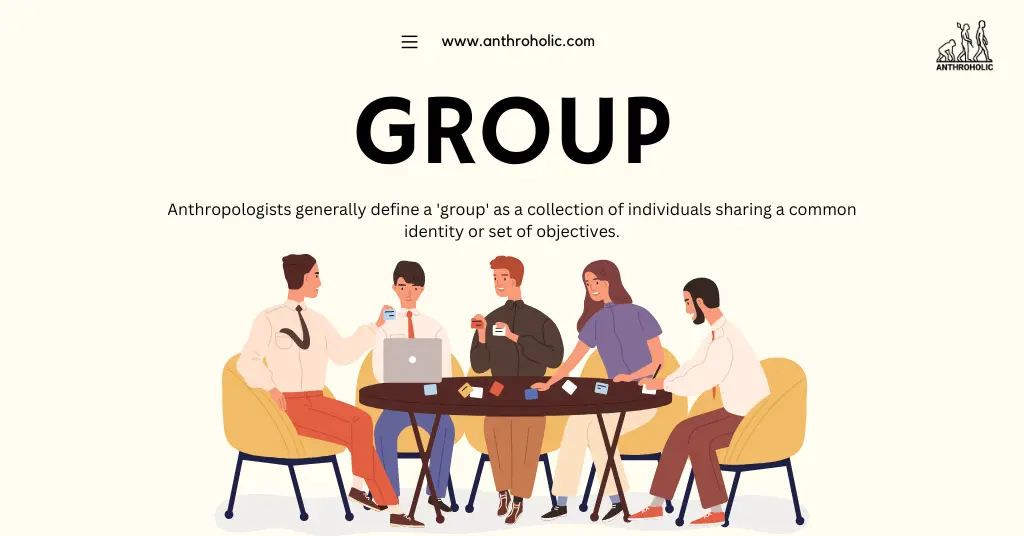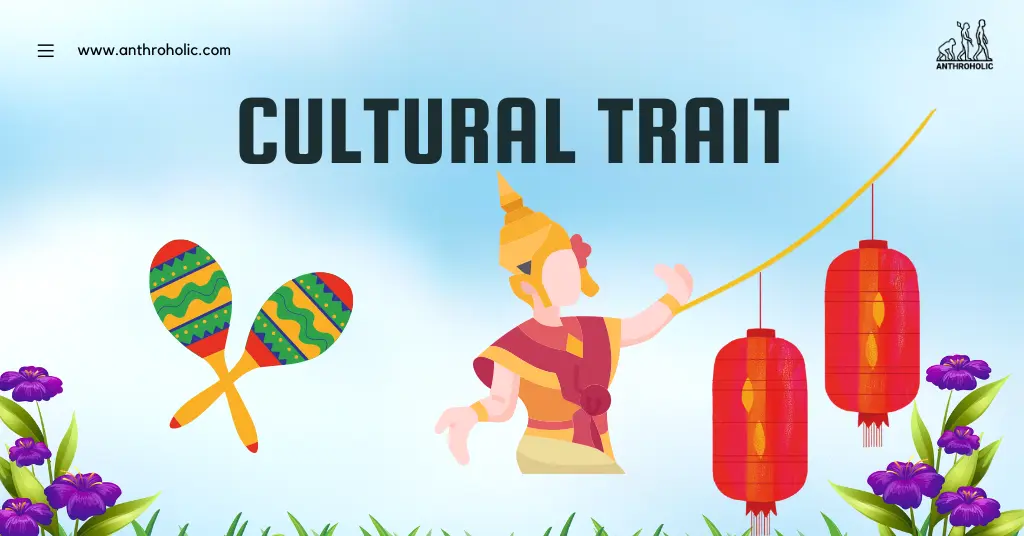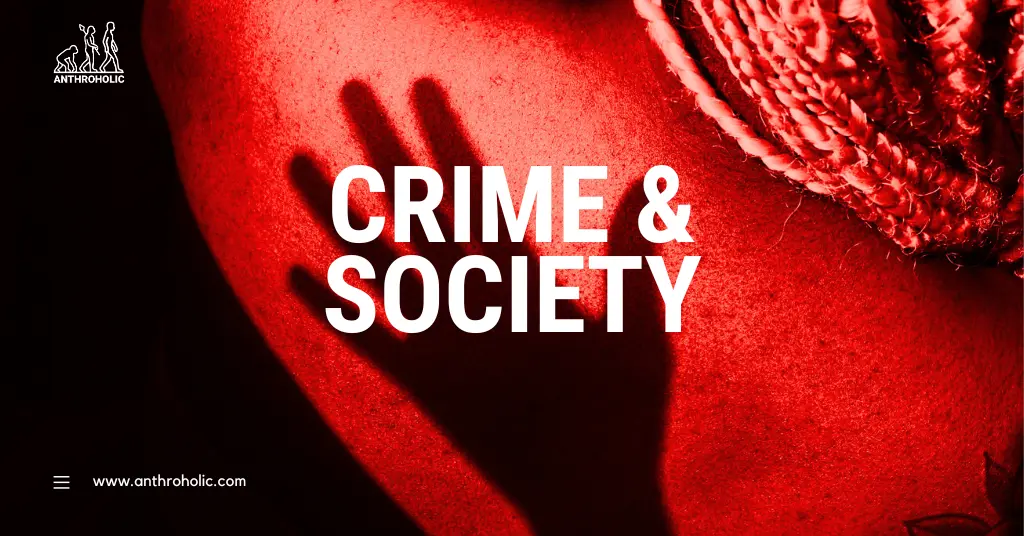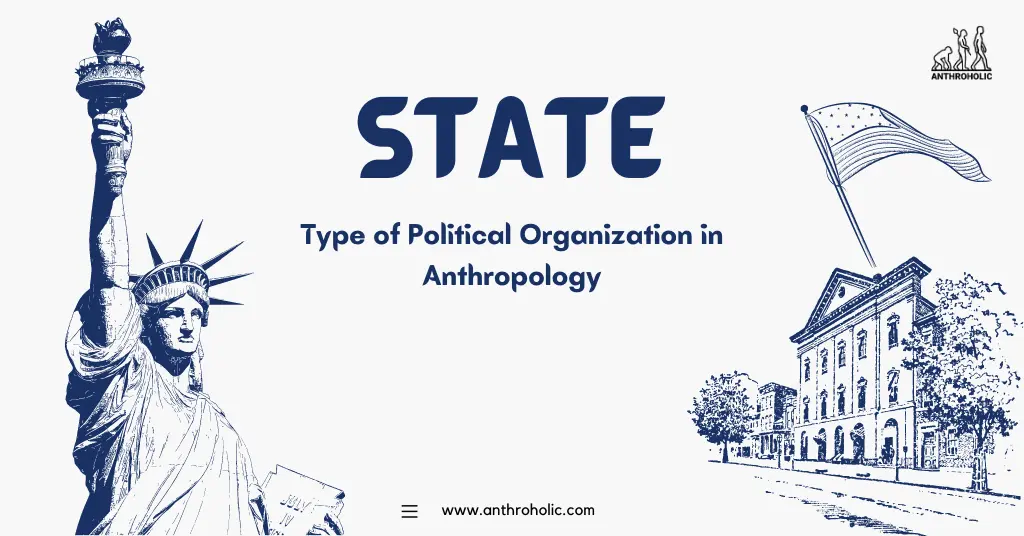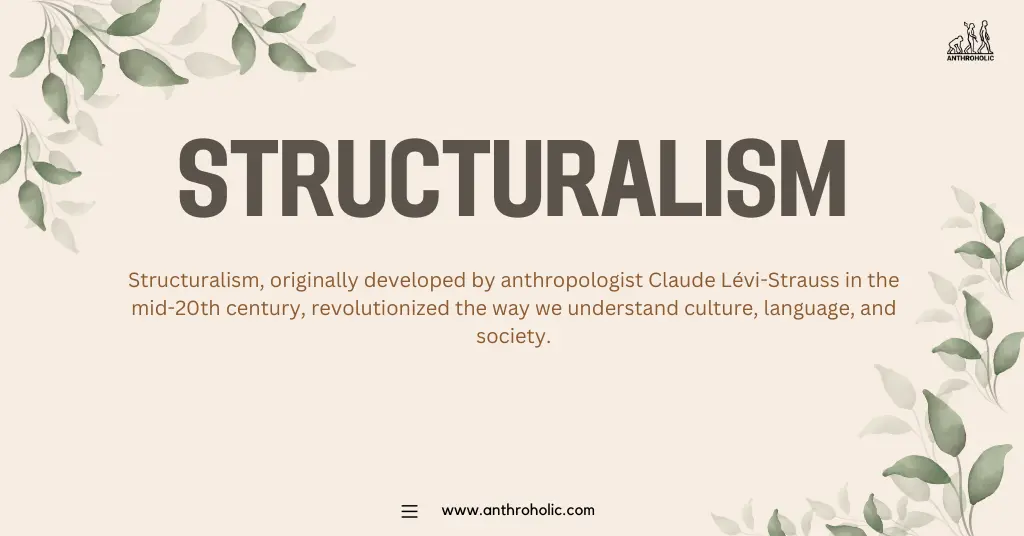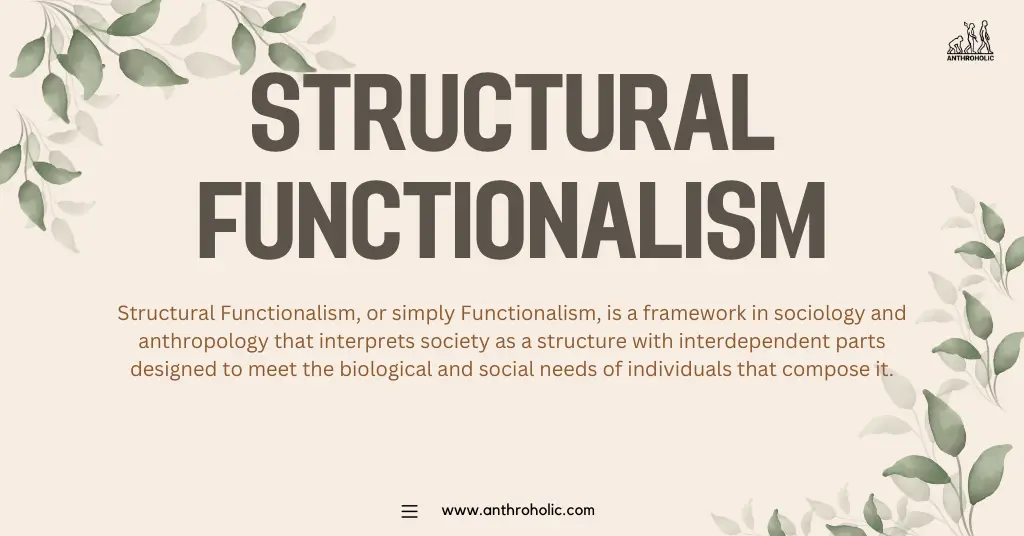AI Answer Evaluation Platform Live Now. Try Free Answer Evaluation Now

Concept of Health
The concept of health has evolved and diversified throughout history, adapting to various cultural, technological, and social contexts. By examining different cultures, societies, and historical periods, we can arrive at a more nuanced understanding of what it means to be "healthy."
